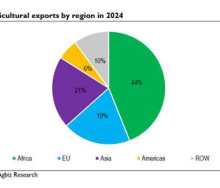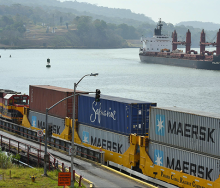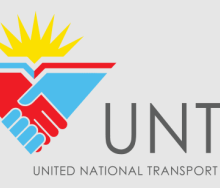South African road freight and logistics employers and trade unions have agreed to a 5% increase in truck drivers’ minimum wages in March 2022, followed by a further one percent hike in September.
This is according to the National Bargaining Council for the Road Freight and Logistics Industry’s main collective agreement, which also included a clause addressing the contentious issue of the hiring of foreign drivers, effective from March 1, 2022.
In terms of the agreement, truck drivers’ wages will increase by 1% on March 1 and by an additional one percent on September 1.
There will be a further 5% wage increase on March 1, 2023.
According to the new minimum wage agreement, Code 14 truck drivers with vehicles with a gross weight of 24 tonnes or less will now earn a minimum of R11 391.68 or an hourly rate of R58.42. Code 14 drivers, operating ultra-heavy vehicles with a gross weight of up to 56 tonnes will earn R13 574.38 or an hourly rate of R69.61.
The minimum monthly wage for abnormal load truck drivers has now been set at R16,529.11 or an hourly rate of R84.76.
Road Freight Association CEO, Gavin Kelly, said employers and unions had agreed to a two-year agreement due to the economic impact of Covid-19, rather than the usual three-year agreement that had become the norm for the industry.
“We had to take into consideration the financial impact on both employers and employees and how we could best navigate so as to ensure sustainability and to assist companies in protecting jobs,” Kelly said.
“Economic factors current at the time, and projections, were considered, and ultimately parties agreed to 6% for the first year. However, for these reasons and to assist companies in preparing for the impact of the increase in their financial year, it was agreed to have 5% implemented in March 2022 and allow another six months for companies to prepare to pay the additional 1% in September 2022,” Kelly said.
“It follows that the increase due in March 2023 will be on top of the compounded base of the full 6% paid in 2022.” Kelly added that, apart from the impact of Covid-19, the spate of protests and national unrest that devastated parts of Gauteng and KwaZulu Natal in July 2021 had also added to the decision to split the wage increase.
According to the agreement, the bargaining council was also required to collect data by March 1, 2022, from employers who employ foreign nationals, in order to compile a report for submission to the Department of Labour. The report would then be used to inform the department for investigation and inspection purposes.













